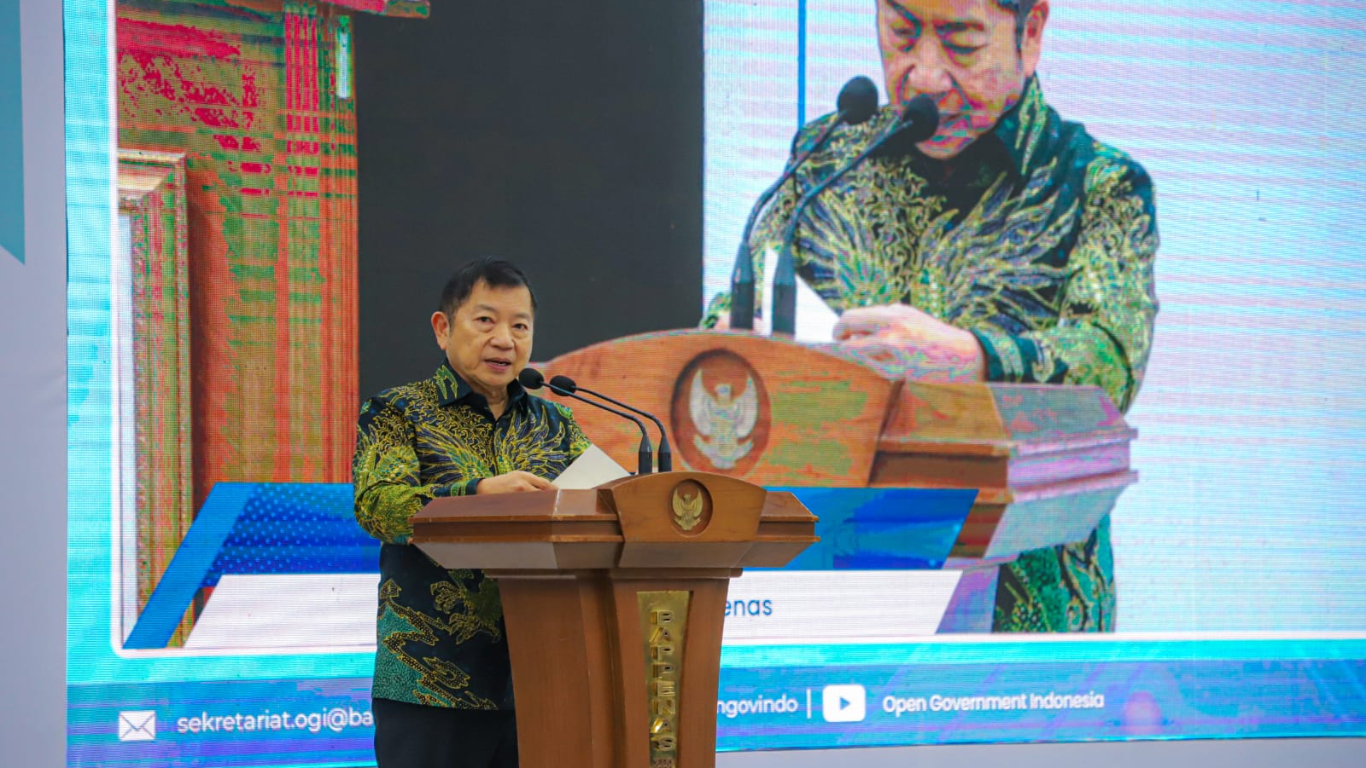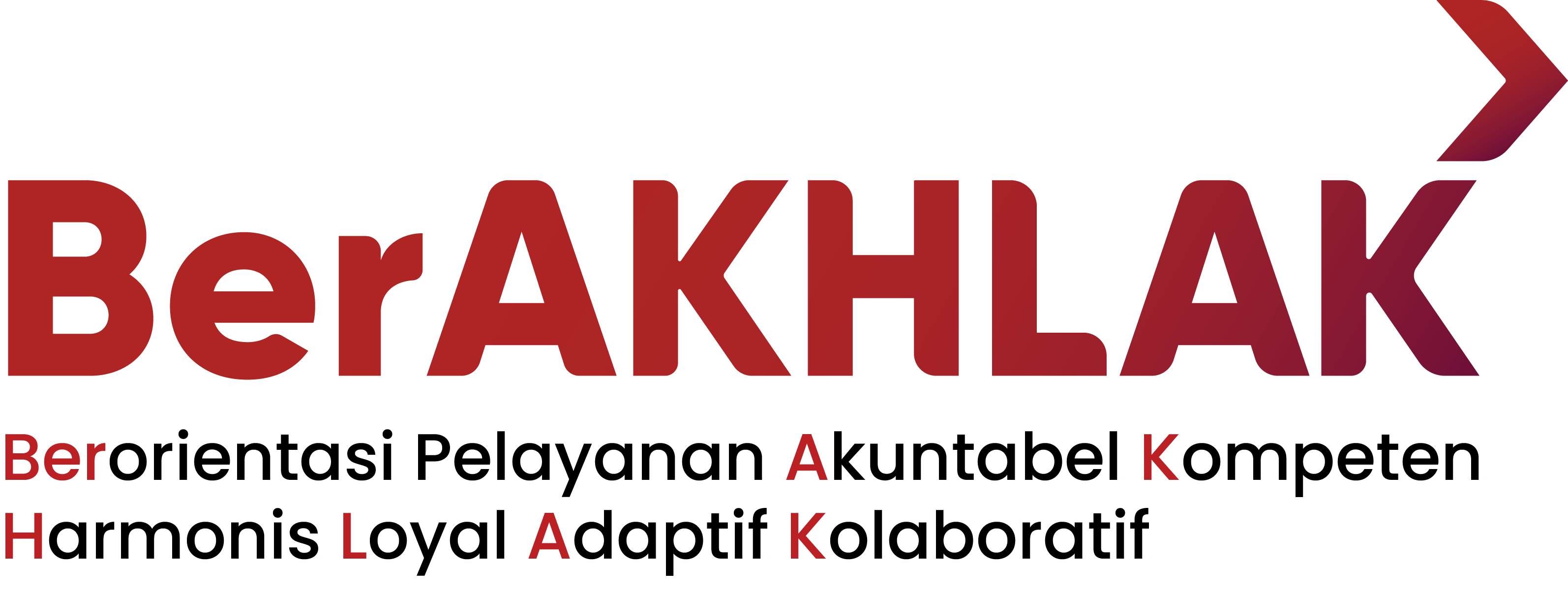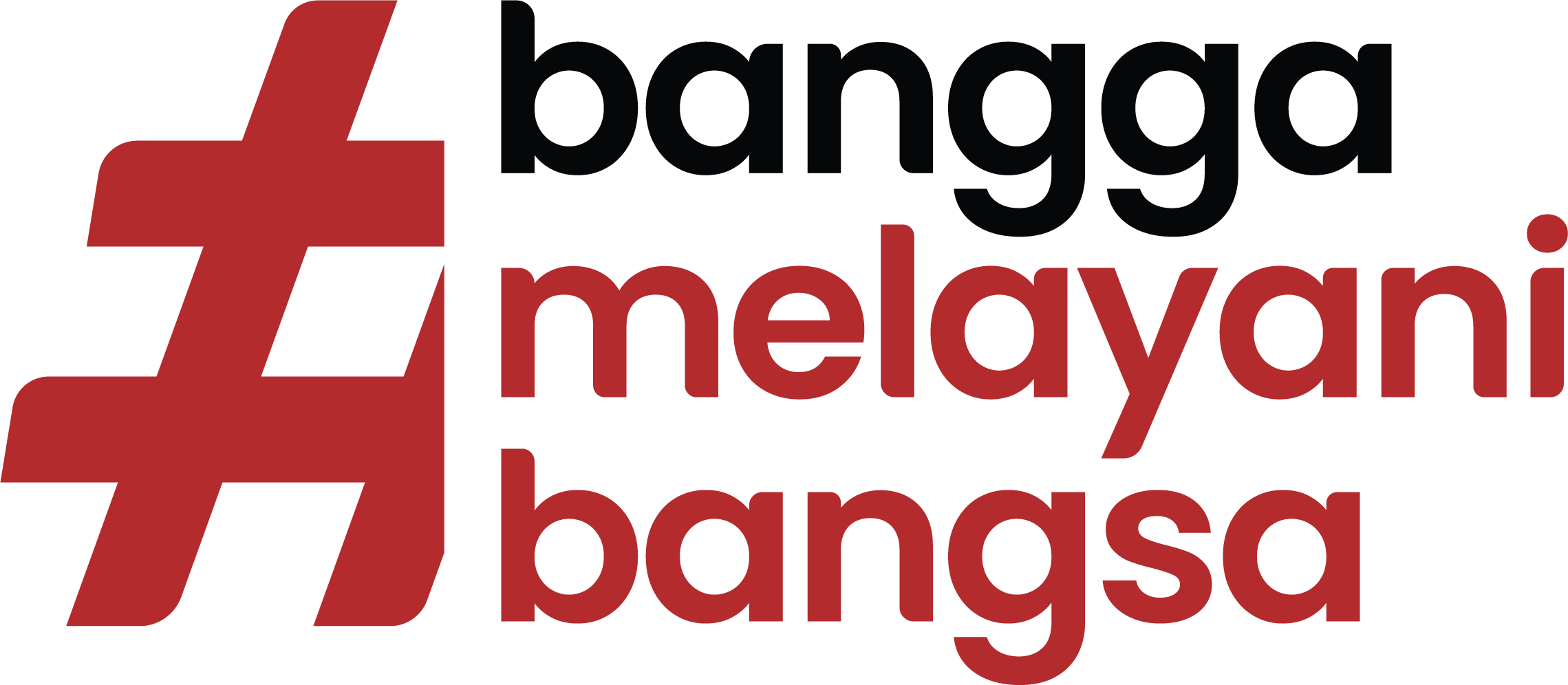Bappenas Launches RAN OGI VII Action Plan to Mark A Decade of Open Government Indonesia
Prime News - Tue, 07 February 2023

JAKARTA – After more than 10 years committing towards implementing an open and participatory government, Indonesia has succeeded in increasing the dimensions of its government’s effectiveness and regulatory quality thanks to the Open Government Framework.
Indonesia’s E-Government Development Index score for 2016-2022 shows an increase to 0.72 in 2022, above the world’s average, most of which is determined by the Human Capital Index and Online Service Index scores.
“Through our Open Government framework, the government and the public have worked hard to maintain the values of openness in the development process and turning the development process into commitments that have made an impact,” the Minister of National Development Planning/Head of Bappenas Suharso Monoarfa said during the ‘Decade of Open Government Indonesia: Launch of the Open Government National Action Plan (RAN OGI VII)’ event at the Bappenas offices in Jakarta on Tuesday (7/2).
During the event, organized by Bappenas through the Open Government Indonesia National Secretariat, Minister Suharso emphasized the transformation of governance and improvement of national development performance, as well as the expansion of open practices at various levels of government, which have resulted in Indonesia catching up to regional neighbors such as Singapore, Malaysia, and Thailand. The transformation, he said, was accomplished through four strategies:
- Maintaining the values of government openness in governance and development such as transparency, participation, accountability, innovation, and inclusiveness
- Strengthening cooperation between government and non-government actors in development through the application of co-creation principles
- Creating an ecosystem that is conducive to open government practices
- Linking and integrating transparency actions across all government commitments
These strategies were implemented with reference to the evaluation and reflection on a decade of Indonesia’s Open Government Implementation, as well as projected future steps to strengthen open government initiatives and practices.
“Of course, stakeholder collaboration is very important. Support from various parties is also needed, not only from civil society organizations, but also from the private sector, academia, philanthropic agencies, and the wider community to work together to build a better Indonesia towards achieving Indonesia’s core ideals by 2045,” Minister Suharso explained.
Along with seven other countries since 2011, Indonesia has established the Open Government Partnership (OGP) with the aim of promoting government openness through the values of transparency, participation, innovation, inclusion, and accountability. A year later, to realize the practice of open government in Indonesia and carry out its OGP membership, the government established the Indonesian Open Government National Secretariat. Since then, Indonesia’s participation in the OGP has had a real impact on society and has also been recognized through several awards relating to government openness at the global, national, and regional levels.


